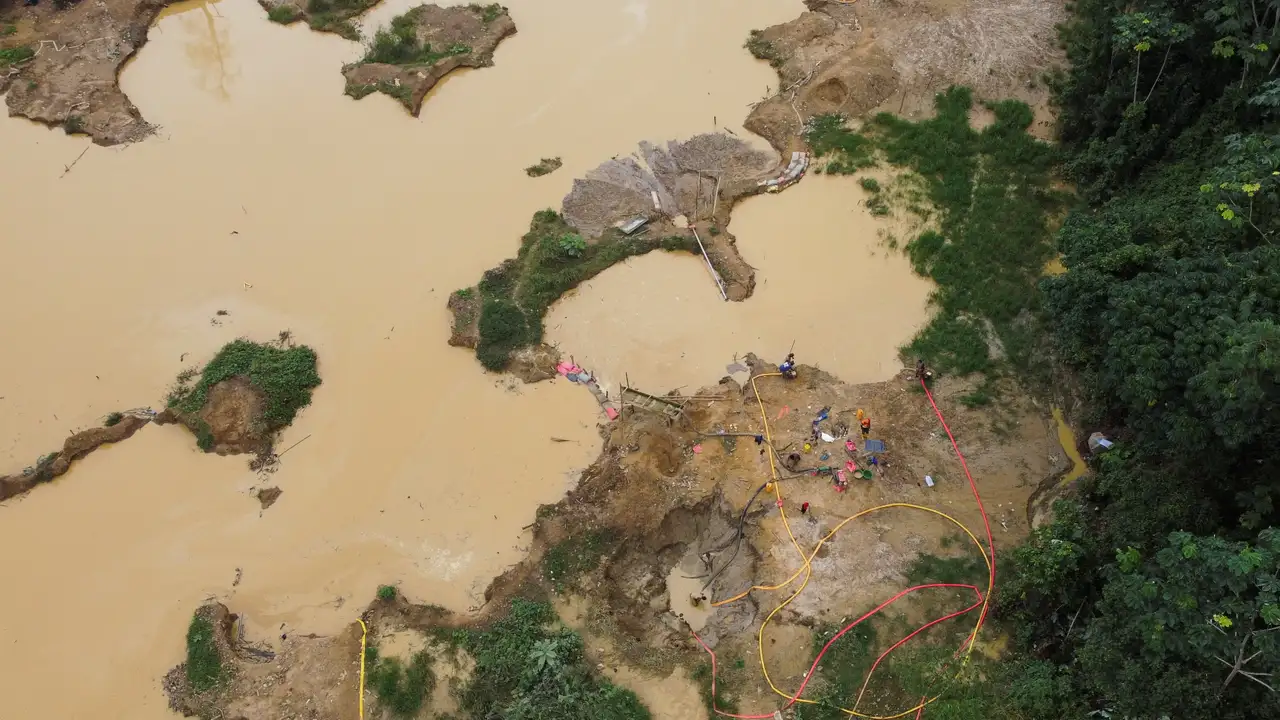The report titled ‘From roots to rivers: How deforestation impacts freshwater access’, links the surge in unsafe water directly to the loss of forests and vegetation that naturally protect, filter and regulate freshwater.
What the data shows
Drawing on 12 years of satellite observations (2013 - 2025) across the three countries, researchers mapped changes in vegetation, rainfall and surface water. They found a measurable relationship between forest loss and freshwater decline in Niger and Nigeria, every 1,000 hectares of forest lost corresponded to an average loss of 9.25 hectares of surface water.
In Ghana, the headline problem is water quality rather than volume, forest loss is closely associated with murkier, more polluted surface water, complicating treatment and raising health risks. “In the past 12 years, Ghana has lost 24,800 hectares of vegetation, and Nigeria has lost 27,000 hectares per year. This is a huge risk for available freshwater. Whilst short-term increases in rainfall linked to climate change may hide the real impact of this deforestation, as in Ghana, in the long term, the water cycle has been pushed off kilter, and freshwater is at risk,” the research stated.
In Niger, despite a modest net gain of 101,000 hectares of vegetation over the study period, 99.5% of the country’s available surface freshwater is now at risk of sedimentation and poor quality. However, the report states that, “over the same period, Niger has gained 101,000 hectares of vegetation through planned reforestation work. This activity has helped reclaim freshwater, reversing this alarming trend. Each 1,000 hectares of vegetation gained in Niger contributes to an 11.6-hectare increase in available freshwater.”
In Nigeria, about 85.6 million people live in areas highly vulnerable to surface water loss linked to deforestation. The country lost roughly 324,000 hectares of vegetation (about the size of Birmingham per year) between 2013 and 2025. Again, in Ghana, with an estimated 298,000 hectares of vegetation lost, the principal challenge is deteriorating surface water quality. Rivers and reservoirs are increasingly burdened by sediment and pollutants, making treatment costlier and interruptions more frequent.
The study further showed that unsafe water drives diarrhoeal disease, strains health systems, and erodes household incomes as families pay more for treatment and alternative sources.
